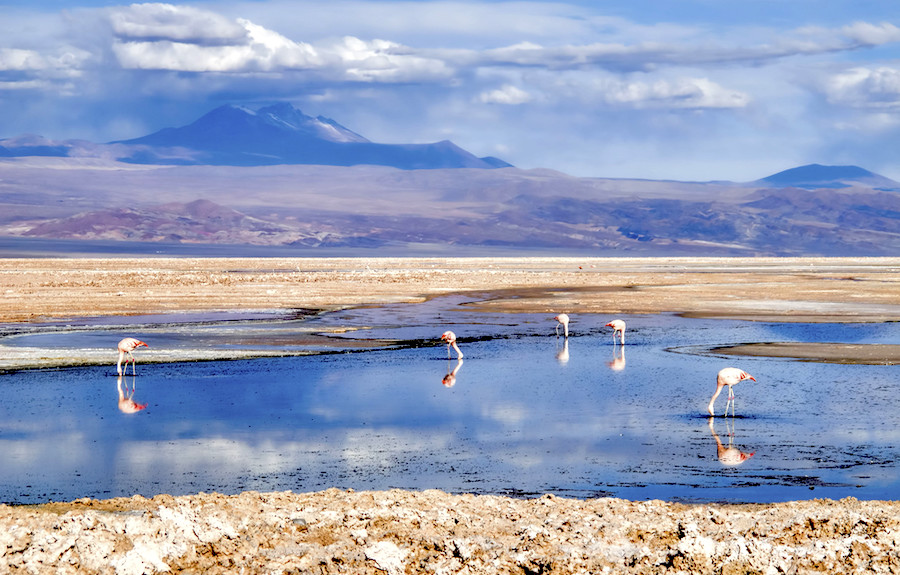Chile’s new constitution may let indigenous veto projects

The article could not only run into technically difficulties of compiling an inventory of native territories, but it could set time limits on concessions already granted.
BTG analyst Cesar Perez-Novoa believes the article lacks details and could lead to a legal “quagmire”, he wrote on Wednesday. It doesn’t indicate what would be the timelines for any consultation, which indigenous bodies will decide, what majority will be required or what role with the state play, he noted.
“Awarding such large powers when there are already consultation rules in place could significantly hinder investment,” Perez-Novoa wrote.
Although amended during the last decades, the previous version of Chile’s constitution was widely unpopular and viewed as a source of social inequality.
Mining has historically been one of the country’s most important economic sectors with copper representing the lion’s share of the sector’s contribution to gross domestic product. The country also hosts the world’s largest known deposit of lithium.
Any major changes affecting the sector could dramatically impact the supply of minerals that are critical for the world’s industrialization and energy transition, FTI Consulting researchers have warned.
Higher royalties
Politicians at the world’s top copper-producing nation are also fine-tuning a new mining royalty bill, which will raise tariffs on firms based on gross sales and profitability.
“We estimate that, if the new taxes are approved, Chilean copper mining companies could see their tax rates increase to as much as 80% and profit margins drop by more than 50% at current copper prices,” FTI said in its latest report.
The analysts believe that Chile could become the nation with the highest tax burden on copper mining, forcing companies to revisit the viability of their current and future investments.
RELATED: Copper think tank signals how Chile’s new Constitution can boost the mining sector
Chile-focused Antofagasta (LON: ANTO), which has been very vocal about the negative effects higher royalties could have on Chile’s economy, said on Tuesday the new royalties won’t be as bad as anticipated.
It noted the Senate had already published a plan that was “less onerous than the original proposal made by the lower house”. It also said there were still “several further legislative steps” required before a final bill could be approved.
The same goes for the new constitution, which Chileans will decide whether to approve in the second half of the year.
(With files with Bloomberg, Reuters)




